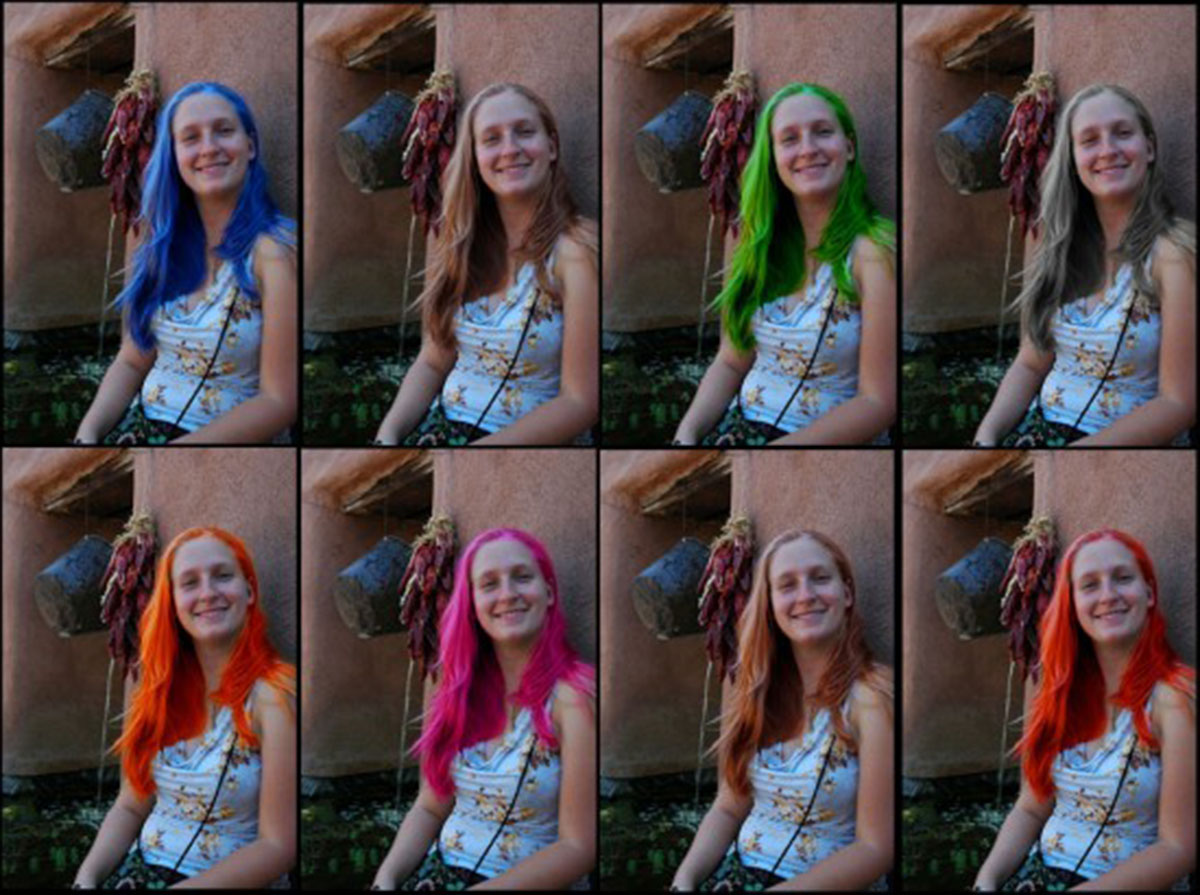Table of Contents
1. High Neuroticism
Some of the common symptoms are:
- chronic negative affects, including anxiety, fearfulness, tension, irritability, anger, dejection, hopelessness, guilt, shame;
- difficulty in inhibiting impulses: to eat, drink, or spend money;
- irrational beliefs: for example, unrealistic expectations, perfectionistic demands on self,
- unwarranted pessimism;
- unfounded Somatic concerns;
- helplessness and dependence on others

2. Low Extraversion
This is characterized by social isolation, interpersonal detachment, and lack of support networks, flattened affect, lack of joy for life, social inhibition and shyness.
3. Low Openness
It is characterized by low tolerance or understanding of different points of lifestyles, emotional blandness and inability to understand and verbalize own feelings.
4. Low Agreeableness
The most common symptoms are cynicism, paranoid thinking and inability to trust even friends or family.
5. Low Conscientiousness
It is characterized by poor academic performance relative to ability.
The person with APD is hardly fulfilling their intellectual or artistic potential.
Aggressive sociopaths
These people derive strong gratification from harming others. It is proven that they like to hurt, frighten, tyrannize, bully, and manipulate. They do it for a sense of power and control, and will often only drop subtle hints about what they are up to. They seek out positions of power, such as parent, teacher, bureaucrat, supervisor, or police officer.
Diagnosis of APD
Most of the manuals for diagnosing mental and behavioral disorders, define antisocial personality disorder as a pervasive pattern of three (or more) of the following:
- failure to conform to social norms with respect to lawful behaviors
- deceitfulness, repeated lying, use of aliases,
- impulsivity or failure to plan ahead
- irritability and aggressiveness, as indicated by repeated physical fights or assaults
- reckless disregard for safety of self or others
- lack of remorse
- the individual is at least age 18 years.
- there is evidence of conduct disorder with onset before age 15 years.
Differential Diagnosis
Some disorders have similar symptoms. That is why the clinician has to differentiate against the following disorders to establish a precise diagnosis.
These conditions are:
- Substance-Related Disorder;
- Schizophrenia
- Manic Episode
- Narcissistic Personality Disorder
- Histrionic Personality Disorder
- Borderline Personality Disorders
- Paranoid Personality Disorder
- Adult Antisocial Behavior.
- en.wikipedia.org/wiki/Antisocial_Personality_Disorder
- www.mayoclinic.com/health/antisocial-personality-disorder/DS00829
- www.ptypes.com
- Photo courtesy of Clinton Steeds by Flickr : www.flickr.com/photos/cwsteeds/61517442/

